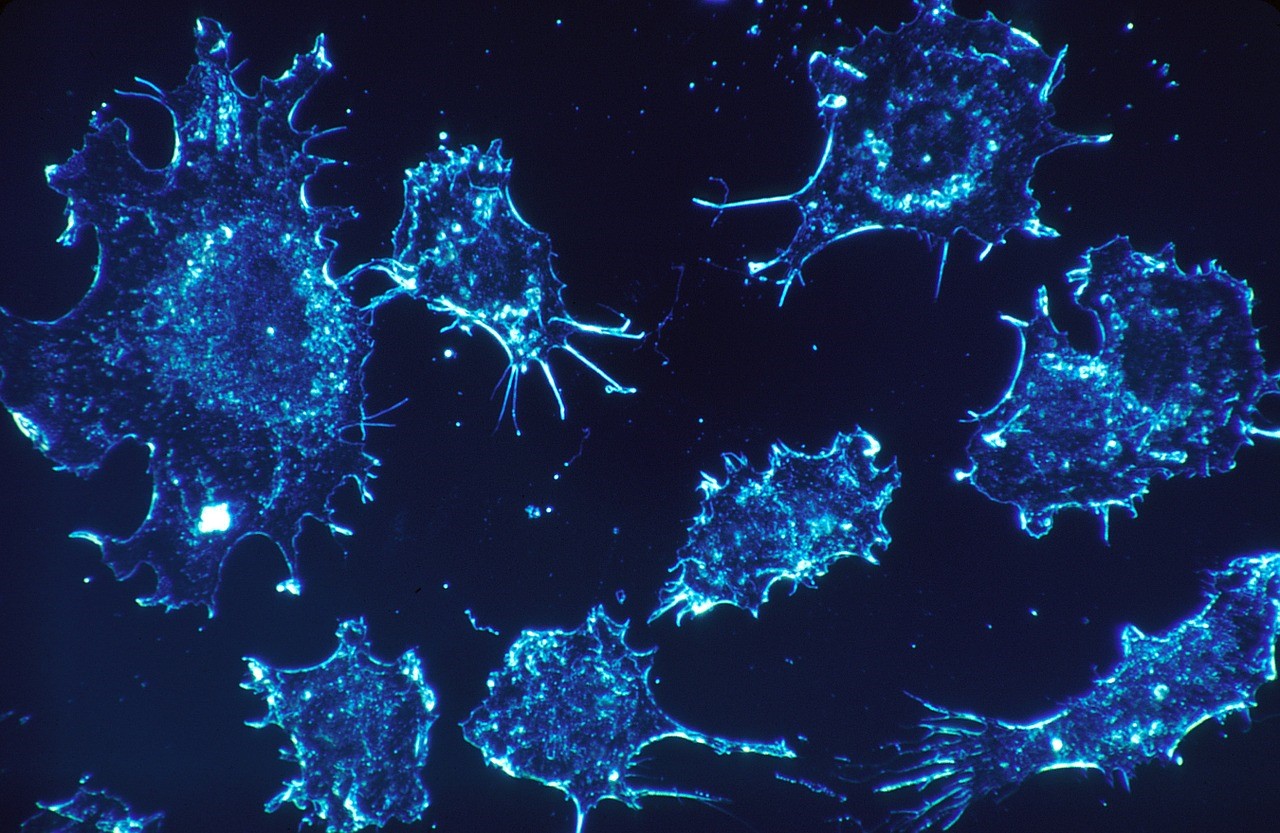
By Heather Hamilton, contributing writer
IBM Watson recently analyzed a brain cancer scan in only 10 minutes, a process that can take humans up to 160 hours. Watson even suggested a treatment plan, suggesting that AI has the potential to revolutionize patient care, especially when time is of the essence.
One of the biggest challenges in healthcare is making sense of the constant stream of new information output in medical literature, clinical trial results, and other research, and integrating it fast enough into what we consider best practices. With the help of an AI possessing well-developed natural language-processing capabilities, absorbing all of that information and extracting the digestible bits suddenly becomes possible. IBM’s Watson is so useful in these scenarios because of extreme language-processing abilities, which allow it to scan 23 million journal articles, government listings for clinical trials, and other data sources.
In a new study performed in collaboration between the New York Genome Center and researchers for IBM Watson for Genomics , Watson analyzed the brain scan of a 76-year-old man who sought medical care after difficulty walking and headaches. The scan revealed a glioblastoma tumor, which lead to immediate surgery and three weeks of radiation to be followed by chemotherapy. While his tissue samples were sequenced, he continued to decline. Within the year, the patient had died.
The study, which is published in Neurology Genetics, examined this particular case to find out if the scanning of an entire genome (which is typically not done in the interest of time/money) might benefit patients. The answer was a definite yes — Watson found gene mutations that weren’t found in panel tests but offered information that might lead to other drugs and trials.
The team also hoped to compare genomic analysis between Watson and NYGC’s human experts. In 10 minutes, Watson reached similar conclusions that it took them 160 man hours to come to. Still, the human doctors identified two gene mutations that were not considered together by machine. These would have led the doctors to suggest a clinical trial to the patient, which, had he been healthy enough, would have led to his best chance of survival.
Robert Darnell, who directs the NYGG and participated in the study, doesn’t want people to view it as a competition between man and machine. “NYGC provided clinical input from oncologists and biologists,” he wrote. “Watson provided annotation that made the analysis faster. Given that each team addressed different issues, this comparison is apples to oranges.”
The team hopes that IBM Watson will be a regular part of cancer care going forward, especially where timeliness is essential. Now, the team is putting together a paper regarding 30 patient outcomes from part of the larger study.
In a variety of studies presented at the American Society of Clinical Oncology’s annual meeting in June, researchers demonstrated Watson’s ability to recommend treatments for other cancers. In a study from India, Watson made recommendations that researchers agreed with 96% of the time for lung cancer, 93% of the time for rectal cancer, and 81% of the time for colon cancer. In a similar Thai study, rates were similar for colorectal, lung, breast, and gastric cancer. They also reported that Watson successfully screened for breast and lung cancer trial eligibility 78% faster than humans, down to 24 minutes from 110. IBM Watson represents an enormous amount of potential in medical research, which is exciting for both teams of researchers.
“Our partnership has explored cutting-edge challenges and opportunities in harnessing genomics to help cancer patients,” wrote Darnell. “We provide initial insights into two critical issues: what clinical value can be extracted from different commercial and academic cancer genomic platforms and how to think about scaling access to that value.”
Sources: NYGenome, IBM Watson for Genomics, IEEE Spectrum, Engadget
Image Source: Pixabay
Advertisement





